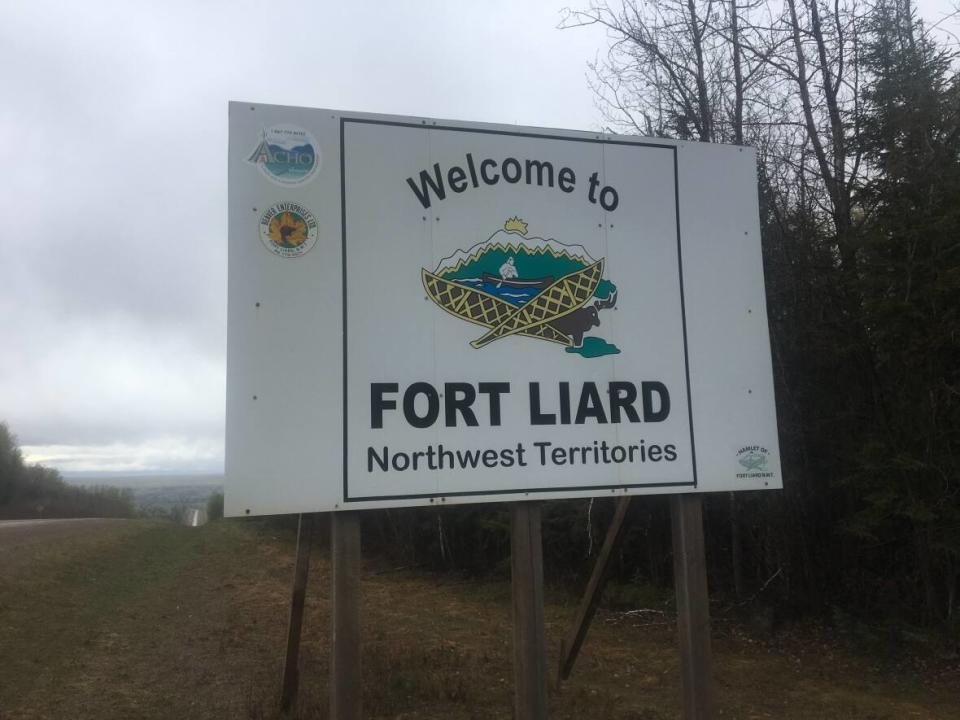Campground in Fort Liard, N.W.T., remains closed to reduce fire risk after month of nearly no rain

The Hay Lake campground in Fort Liard, N.W.T., has yet to open this year, and will remain closed until the extreme risk of fire has passed.
The community has gone five weeks with almost no rain and is keeping the campground closed as a precaution against fire. The campground is run by the Fort Liard hamlet, not N.W.T. Parks.
John McKee, Fort Liard's senior administrative officer, said there's also a fire ban in the community.
The territorial government has Fort Liard under "extreme" wildfire risk over the weekend. Temperatures were forecast to reach 31 C on Friday, and 25 C on Saturday.
McKee said the community has had almost no rain over the past month. According to Environment Canada, in all of May the hamlet received 4.2 mm of precipitation and an equal amount in the first week of June — that's the equivalent of two days of moderate rain over the span of five weeks.
Harry Deneron lives in Fort Liard and said he doesn't remember ever seeing it this dry.
"Just a few drops now and then, that's not going to do anything at all," he said of the past five weeks.
Deneron said he supports the hamlet's decision to keep the campground closed.
"It's very dangerous to have it open to the public. Young people go in there and smoke and stuff like that," he said.
"Myself I'm happy, it's just too dry, totally, totally too dry."
Deneron said after witnessing the destruction of a human-caused fire near Hay River and Kátł'odeeche First Nation, he say any prevention efforts from the hamlet are welcome.
"It's a small step to close Hay Lake," he said.
Deneron added the hamlet should do more to ensure the community is protected through firebreaks and clearing any dead brush that could become fuel for a wildfire.
"I think so much of the time we depend on somebody else and that we as a community, we don't even talk about 'what if there's a fire?'" he said.
"We depend too much on the water bombers and helicopters."

